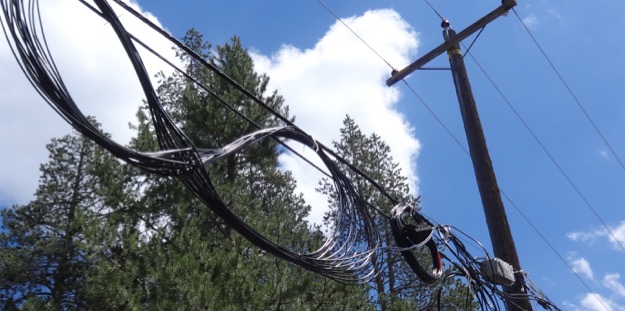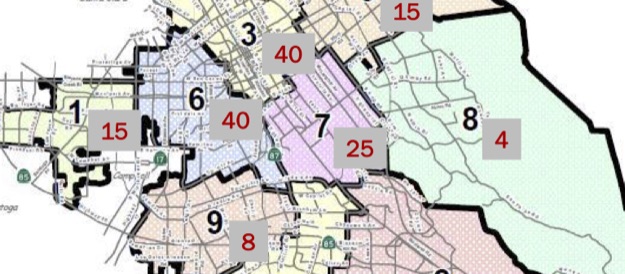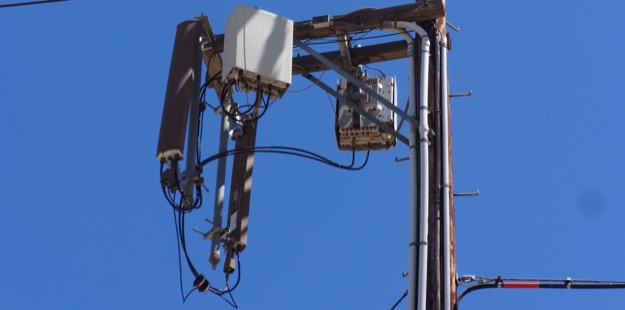Republicans jump ship to vote yes, but net neutrality is still sinking
![By User:paolodefalco75 [CC BY-SA 3.0 (https://creativecommons.org/licenses/by-sa/3.0)], from Wikimedia Commons](https://www.tellusventure.com/images/2018/5/costa_concordia.jpg)
The U.S. senate is formally opposed to the Federal Communications Commission’s repeal of Obama era network neutrality rules, voting 52 to 49 yesterday to endorse a resolution of disapproval. The vote is important politically, but not practically. The next stop is the house of representatives, where the measure is expected to die a quiet death. Unless a federal court intervenes, that means the FCC’s repeal will take effect on 11 June 2018.
Three republicans joined all 49 U.S.… More

![By USFS Region 5 (Thomas Fire) [CC BY 2.0 (https://creativecommons.org/licenses/by/2.0) or Public domain], via Wikimedia Commons](https://www.tellusventure.com/images/2018/5/thomas_fire_9dec2017_usfs.jpg)






![By EFF-Graphics (Own work) [CC BY 3.0 us (http://creativecommons.org/licenses/by/3.0/us/deed.en)], via Wikimedia Commons](https://www.tellusventure.com/images/2018/4/eff_net_neutrality_graphic.png)
